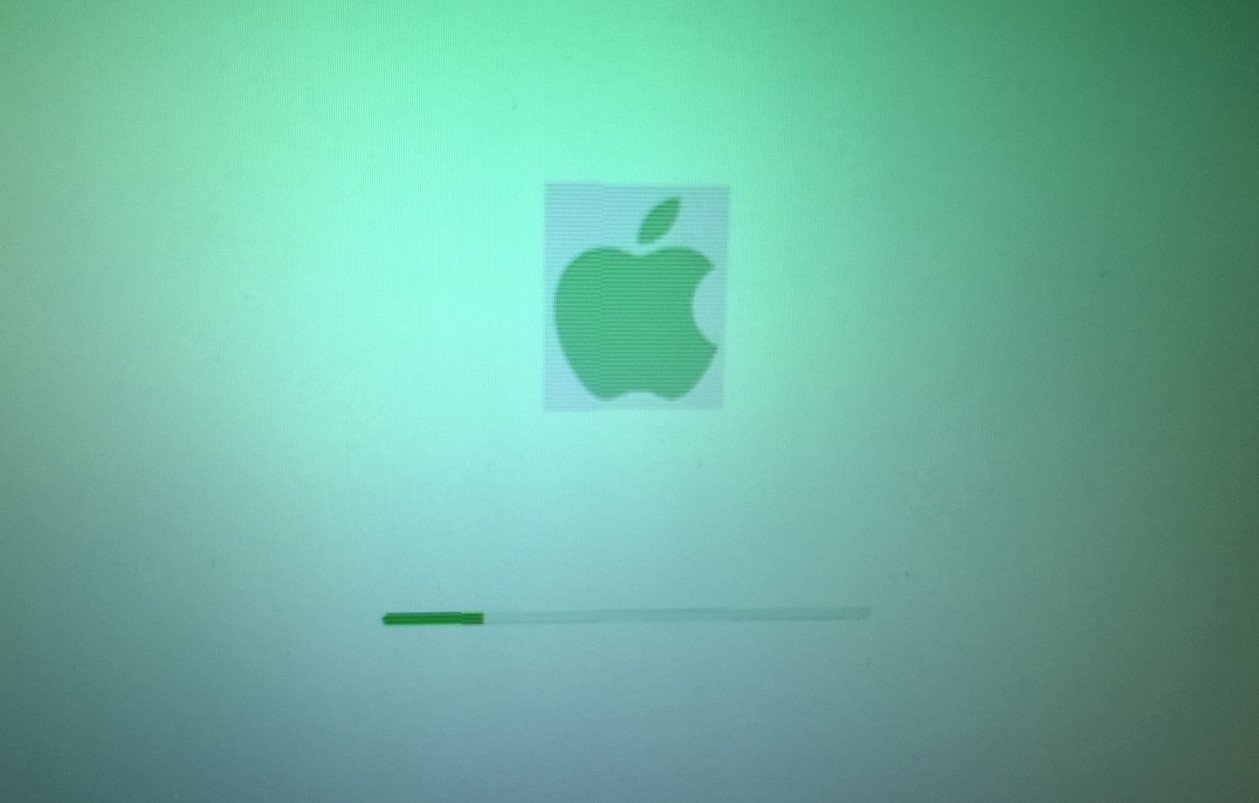News
ChatGPT May Soon Get Hands and Eyes on a Virtual Computer, Code Hints Reveal
OpenAI might be gearing up to give ChatGPT a new kind of brainpower — the kind that clicks, drags, types, and maybe even opens a terminal window. New code references tucked away in the ChatGPT Android app and web interface suggest a powerful tool is quietly waiting backstage.
These subtle updates haven’t been announced publicly. But developers and researchers digging through app files have spotted a handful of eyebrow-raising clues — and they point toward something that feels a lot like OpenAI’s Operator system coming to ChatGPT itself.
Code Clues Suggest a New Kind of Toolset Is Brewing
Sometimes, the future leaks through the cracks. In this case, it’s buried in lines of code.
Strings found in the latest ChatGPT Android beta include the words “click,” “drag,” “type,” and “terminal feed.” These aren’t your usual chatbot operations. They sound more like instructions you’d give to a computer assistant with hands on the mouse and keyboard — or, more likely, a simulated browser or terminal that GPT could use to perform tasks on behalf of users.
That’s a big deal. Right now, ChatGPT can analyze, summarize, code, write… but it doesn’t actually do. It doesn’t open your calendar. It doesn’t fill out your tax form. Not yet.
One line even explicitly references: “Performing computer tool action.” Not vague at all.
Operator Might Be Coming In From the Cold
OpenAI already has something called Operator — but unless you’re an insider, you’ve probably never touched it. It’s an internal tool OpenAI has been testing that allows an AI agent to operate a remote browser session. Think of it like a ghostly co-pilot in the cloud, clicking buttons and reading pages for you.
According to earlier demos and reports, Operator is capable of navigating web pages, reading docs, clicking through forms, and performing multi-step tasks in real time. You ask, it does.
Now it seems bits and pieces of that tech may be bleeding into ChatGPT’s front-facing experience.
One code string reads: “Checking available APIs.” Another: “Reading API documentation.” Not just looking at them — reading. That hints at GPT’s ability to actively review external developer docs before calling an API. And that raises the question: will ChatGPT soon be able to use external tools and services on the fly?
Invite-Only Beta May Be First Step
Not everyone will get this feature right away — that much seems clear. Hidden in the Android beta is another line: “intake form.” That’s usually dev-speak for a gated launch or a waitlist. OpenAI has used this strategy before with features like Code Interpreter and early versions of ChatGPT Plugins.
It’s likely the company will test this with a small group of users first. Corporate clients, developers, and enterprise accounts often get first dibs, especially when the feature could dramatically increase the system’s autonomy.
A wider rollout may take time. Especially with OpenAI’s current focus elsewhere.
Operator, GPT-5, or Something Else?
Now here’s where things get fuzzy. Is this part of GPT-5? Or is it a tool sitting alongside GPT-4? Nobody really knows — at least, nobody outside OpenAI.
There’s speculation swirling. Some think GPT-5 is already being tested internally. Others believe this could just be the next wave of ChatGPT’s feature upgrades — still powered by GPT-4-turbo or an unnamed in-between model.
OpenAI has stayed quiet. No blog posts. No press releases. And probably none coming soon, either — the company is currently tied up in a tug-of-war with Meta over staff poaching and open-source ethics. That drama’s taken up a lot of bandwidth.
But that hasn’t stopped developers from asking the big questions:
Is this the beginning of a full AI agent platform?
Will ChatGPT start to replace low-level web tasks entirely?
Can this be trusted without supervision?
And maybe the most pressing one: Who gets control over what the AI touches?
A Glimpse of What ChatGPT Could Soon Be Doing
These early clues might be scraps, but they’re painting a clearer picture of what’s coming.
If this rollout happens, users might soon be able to give ChatGPT complex instructions like “book a flight,” “fill out this job application,” or “log into my bank and download the last 3 statements.” That’s not fantasy. That’s basically what Operator is designed to do — and now it looks like those capabilities could be hitting the mainstream product.
There’s a reason OpenAI might be hesitant to release this widely right away. Giving an AI control over interfaces, websites, or API calls opens the door to major trust and safety issues. Misclicks, data leaks, or poorly secured endpoints could cause headaches fast.
But the upsides? They’re hard to ignore:
| Potential Action | AI Description | Real-world Example |
|---|---|---|
| Click and Drag | Simulate user input | Fill out a form online |
| Type | Enter text in fields | Compose and send emails |
| Terminal Feed | Use command-line tools | Install a package or run scripts |
| API Usage | Call third-party services | Check weather, send messages, query databases |
It’s not just about intelligence anymore. It’s about agency.
What Comes Next? Don’t Expect a Press Conference
OpenAI is unlikely to make a big show out of this. At least, not until the dust settles with Meta. For now, they’re testing quietly. Beta updates, internal notes, vague strings in APKs.
That’s how most of OpenAI’s features have arrived — through code leaks, dev chatter, and silent rollouts before any big announcement.
And honestly? That’s probably on purpose.
If these tools do what they seem to be gearing up for, OpenAI may want to limit early attention. Not because it’s not impressive. But because giving ChatGPT the ability to “click” and “type” feels like a small step… and a massive leap at the same time.

 News11 months ago
News11 months agoTaiwanese Companies Targeted in Phishing Campaign Using Winos 4.0 Malware

 News11 months ago
News11 months agoApple Shuts Down ADP for UK iCloud Users Amid Government Backdoor Demands

 News10 months ago
News10 months agoJustin Baldoni Hits Back at Ryan Reynolds, Calling Him a “Co-Conspirator” in Blake Lively Legal Battle














